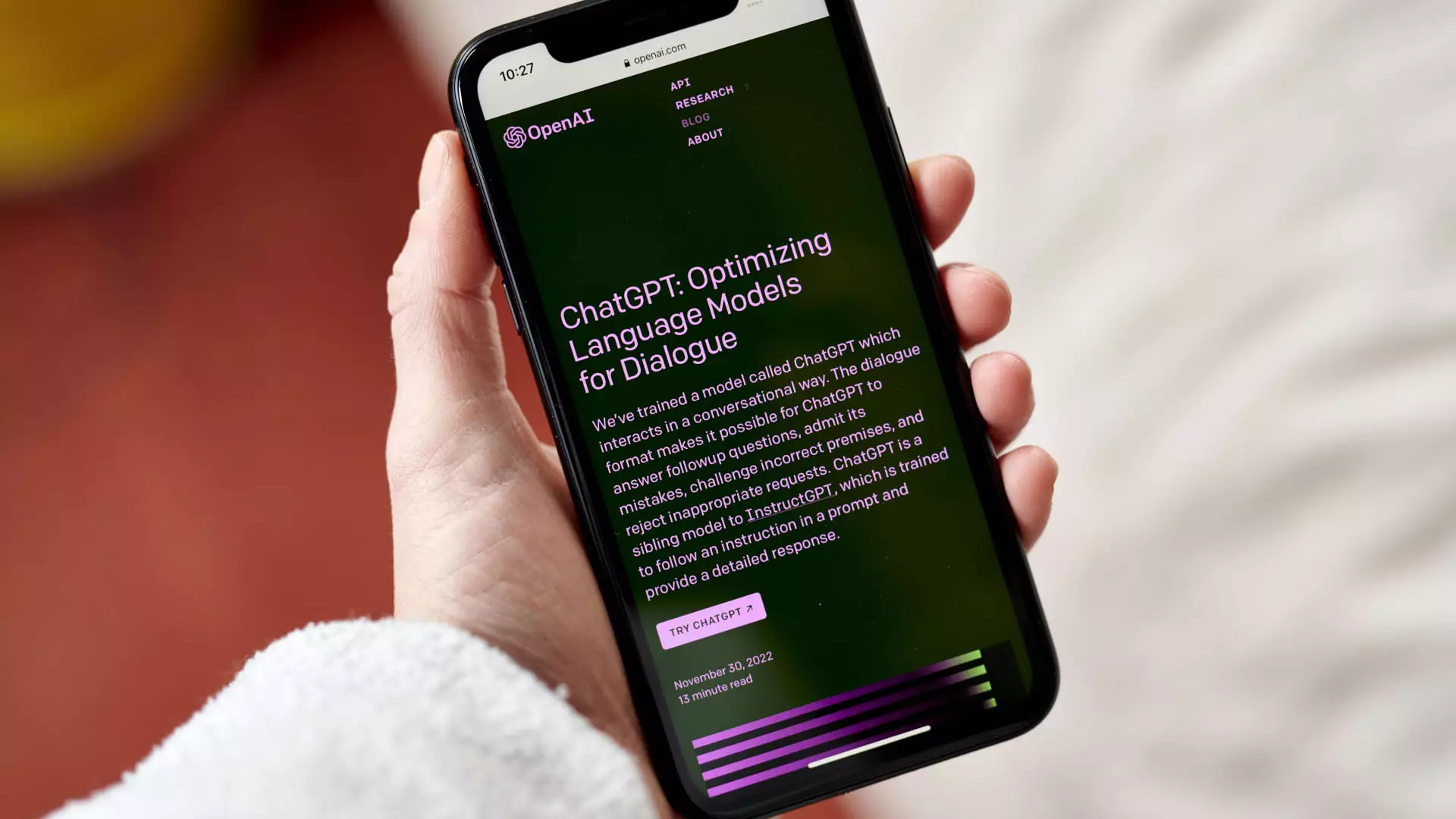The U.S. government is currently considering implementing laws to help society adapt to the increasing presence of artificial intelligence in various industries. Companies such as Klarna, a financial services provider, have already started using AI technology to improve labor productivity. Klarna’s AI assistant tool, which is based on OpenAI’s systems, is projected to increase the company’s profit outcome by $40 million by the end of 2024. According to Klarna CEO Sebastian Siemiatkowski, the AI assistant tool is capable of handling the workload of 700 full-time agents and managing two-thirds of all incoming errands over chat.
While the U.S. government is taking steps towards regulating artificial intelligence, the regulatory environment in America appears to be relatively relaxed when compared to the measures passed by the European Union in 2024. The U.S. Senate Task Force on AI has passed 15 bills into law focusing on research and risk assessment, but there is still room for improvement. Erik Brynjolfsson, a senior fellow at Stanford Institute for Human-Centered AI, expressed concerns about the lack of bureaucratic rules in the U.S. to incentivize innovation and entrepreneurship compared to Brussels. The European Union’s regulatory framework aims to address potential risks associated with AI technologies.
Economists have long been concerned about the impact of artificial intelligence on job prospects for white-collar workers, similar to the effects of globalization on blue-collar workers. A study by the International Monetary Fund suggests that over 60% of work in advanced economies could be affected by the widespread adoption of AI. Lawmakers in the New York State Assembly proposed a measure to mitigate tech-driven layoffs through robot taxes, which would introduce a cost for companies displacing workers with technology. However, the optimal rate for a robot tax, according to researchers at the Massachusetts Institute of Technology, should be between 1% and 3.7% to balance incentives for innovation and productivity.
As artificial intelligence continues to advance, there is a growing debate about the future impact on the workforce and society as a whole. Some experts predict a time when robots will be able to perform most tasks currently done by humans, raising questions about the ethical implications of such technological advancements. It is crucial for policymakers and industry leaders to collaborate on creating a regulatory framework that fosters innovation while safeguarding against potential risks associated with AI technologies. In doing so, society can better adapt to the changing landscape of work and ensure that the benefits of artificial intelligence are shared equitably among all members of society.


Leave a Reply